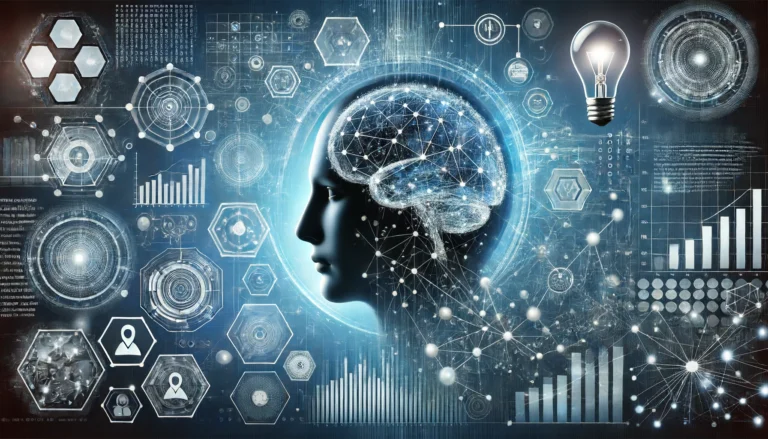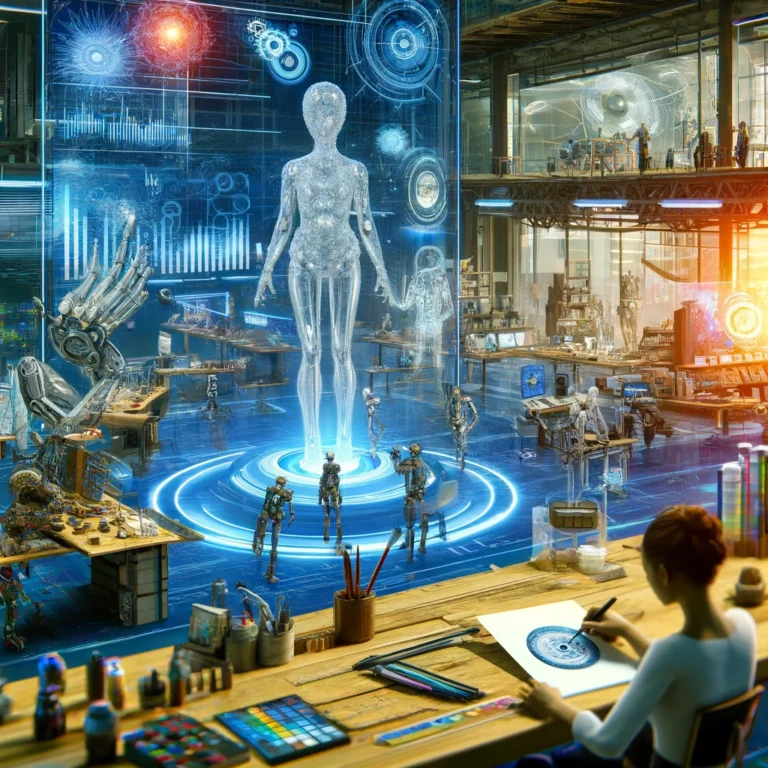In the realm of Artificial Intelligence (AI), an increasing focus is being directed towards understanding and predicting human behavior, specifically social behavior. As AI continues to permeate various sectors, its implications are far-reaching and profound, spanning from commercial realms such as e-commerce to critical social domains including public health and safety. However, deploying AI to predict human social behavior is accompanied by significant challenges, and it behooves us to examine these obstacles alongside the promising prospects that lie ahead.
Exploring Challenges in AI-Driven Prediction of Human Social Behavior
The endeavor to predict human behavior, social or otherwise, is inherently complex. The non-deterministic nature of human behavior, coupled with the multitude of influencing factors, generates a degree of ambiguity that presents a considerable challenge to AI systems. This complexity is further compounded by the necessity of ensuring data quality and diversity.
The robustness of AI predictions heavily relies on the quality of input data. Hence, if data are skewed, unrepresentative, or subject to various forms of bias, the resulting AI models run the risk of producing inaccurate or unfairly biased predictions. Therefore, it is incumbent upon the creators of AI systems to conscientiously select and scrutinize data inputs, ensuring they adequately reflect the complexity and diversity of the human population.
Moreover, ethical considerations cannot be sidestepped in discussions surrounding the use of AI for predicting social behavior. The labyrinth of ethical quandaries ranges from privacy issues to consent, extending to potential misuse of predictive information. Therefore, robust ethical guidelines and regulations are paramount to ensure that the deployment of AI technologies respects individual rights, societal norms, and legal frameworks.
Interpretability, or the lack thereof, constitutes another formidable challenge for AI systems. The intricate, and often opaque, decision-making processes of AI systems are sometimes referred to as ‘black boxes.’ The inability to discern how AI systems arrive at their predictions can engender mistrust and skepticism, thereby undermining their utility in areas of sensitive importance such as social behavior prediction.
Unveiling the Prospects of AI in Predicting Human Social Behavior
Despite the challenges presented, AI’s prospects in predicting human social behavior remain abundant. Advancements in AI algorithms, coupled with the accumulation of more diverse datasets and enhanced computational power, indicate that the precision and relevancy of AI predictions will likely continue to improve.
Cutting-edge machine learning techniques, including deep learning and reinforcement learning, are capable of deciphering intricate patterns in data that would otherwise be imperceptible. Consequently, AI systems have the potential to predict trends and patterns in social behavior that are too complex for traditional statistical methods.
AI’s capacity to analyze vast datasets, such as those accrued from social media platforms, enables it to forecast societal trends, social movements, and even political sentiment. This capability harbors significant implications for a variety of disciplines, including sociology, psychology, economics, and political science.
Moreover, AI’s potential contribution to social challenges is enormous. Whether detecting early indications of mental health issues through the analysis of social media posts or predicting disease spread based on observed human behavior, AI systems have the potential to facilitate preemptive action and timely intervention.
Developments in the area of explainable AI, which strives to render AI decision-making processes more transparent and comprehensible, could provide a solution to the ‘black box’ conundrum. By increasing the transparency of AI systems, explainable AI may enhance their acceptance and promote ethical usage in the domain of social behavior prediction.
As we stand on the precipice of an era where AI’s role in predicting human social behavior is set to expand, it is critical that this development is approached with cautious optimism. Harnessing the power of AI in a manner that respects privacy, promotes transparency, and ensures fairness is a complex but vital task. It necessitates a constant dialogue among AI researchers, ethicists, policymakers, and society at large. As we navigate the future of AI, the focus must remain firmly on leveraging AI to enrich society, fostering a more responsive, inclusive, and informed world.










